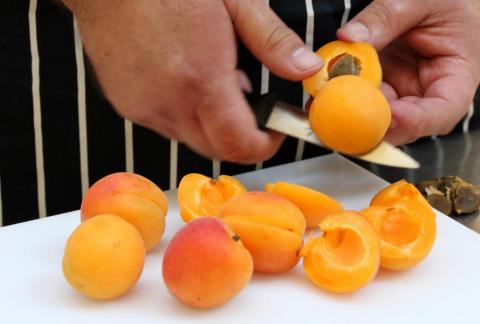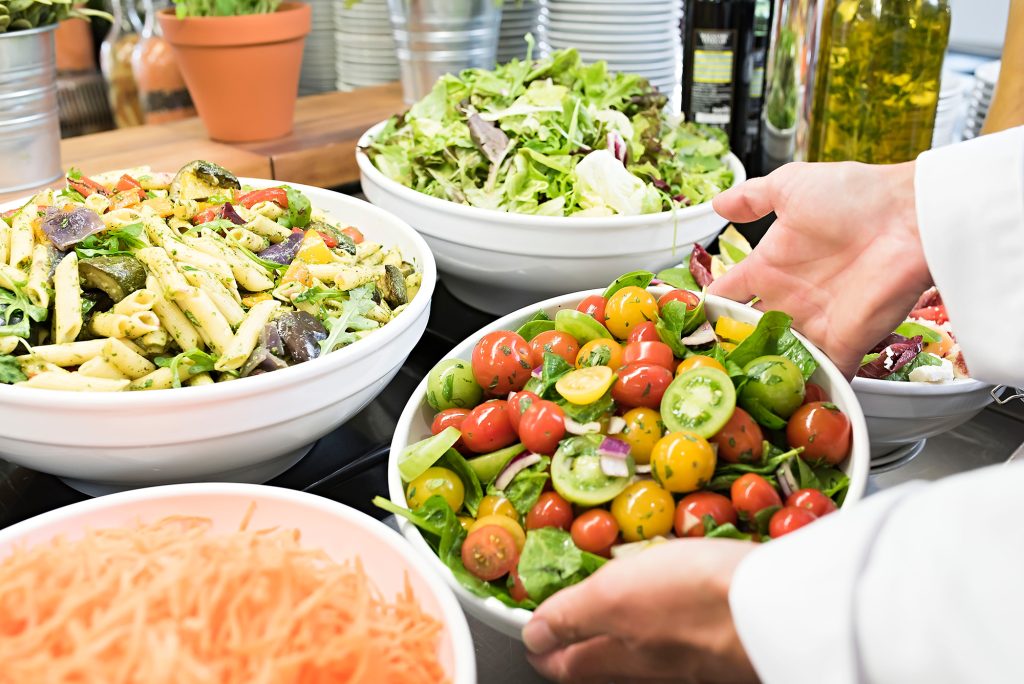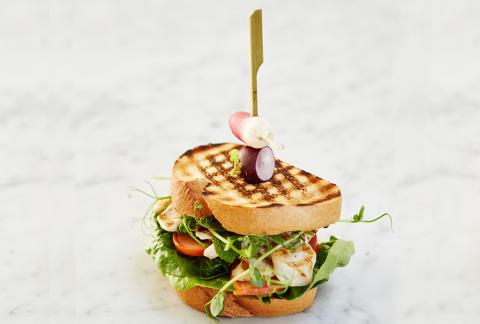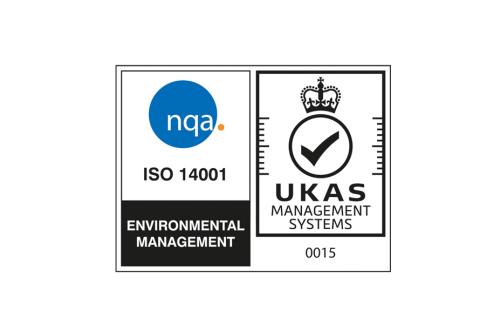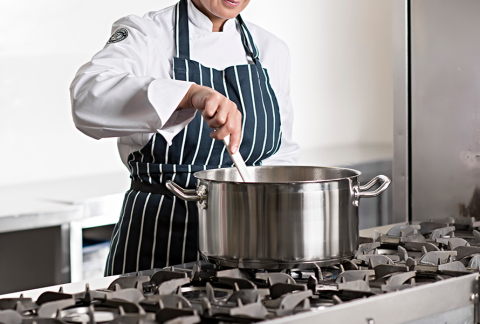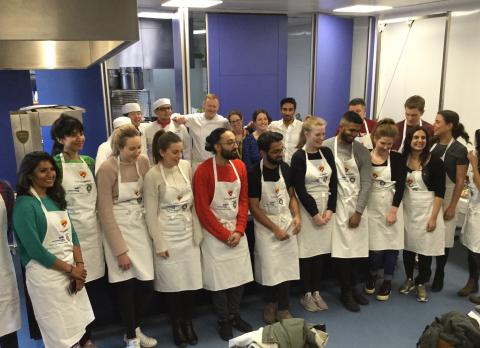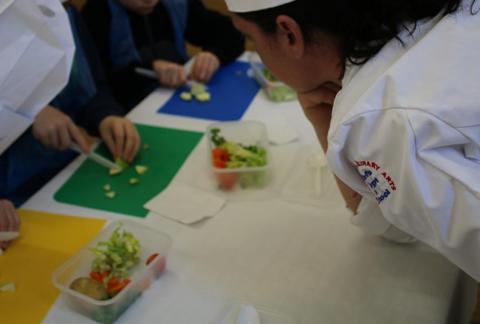Home / News & insights /
04 Mar 2019
Harrison helps to minimise food waste
- Responsibility
As business leaders and consumers, we are aware of the impact our choices and decisions make on the environment. The Government has recently published a Resource and Waste Strategy for England that sets out how to preserve resources by minimising waste, promoting resource efficiency and moving towards a circular economy, something that all of us can help to achieve.
Harrison chooses its partners and suppliers very carefully through a robust procurement process and ensures that suppliers are considerate of their carbon footprint and the effect that they have on the environment. Sustainability is key and our partners have strategies for protecting the environment and reducing waste; from saleability testing to food redistribution. Our partners have sustainable development goals; from reducing food waste to responsible production and consumption.
Food waste is an area that is widely reported and something that Harrison, as a fresh food company, works to minimise. It is estimated annual food waste within UK households, hospitality and food service, food manufacture, retail and wholesale sectors in 2015 was about 10 million tonnes and 70% of this was intended to be consumed by people1.
Food packaging and its disposal is another hot topic. In October 2014, as a forward thinking company, Harrison increased its commitment to sustainability and reduced its environmental impact by introducing a new range of completely compostable branded packaging across the business. The branded packaging is environmentally friendly and certified fully compostable in under 12 weeks. Products are made from renewable, lower carbon or recycled materials and can all be commercially composted with food waste to take packaging from waste to compost. This method transforms waste disposal from a linear model to a circular one. To date, it has been well received by customers and by using eco branded packaging Harrison Catering has collectively used 252 tonnes of plant-based materials instead of conventional oil-based disposables. This includes 65 tonnes of recycled content.
By becoming more connected to our food we can help to reduce excessive wastage. Practices that Harrison uses within the professional kitchen can also be effortlessly replicated at home; from knowing what you have in your cupboards and fridge to checking use by dates and planning menus in advance. Writing out a shopping list and knowing your portion sizes will also help, buying and cooking only what you need. Also checking your refrigerator temperature is at optimum, storing food properly and making use of your freezer.
By us all making just a few changes to our culinary habits we can minimise food waste and help to positively impact the environment for future generations.
Reference1 Courtauld Commitment 2025 food waste prevention baseline 2015; WRAP 2018
